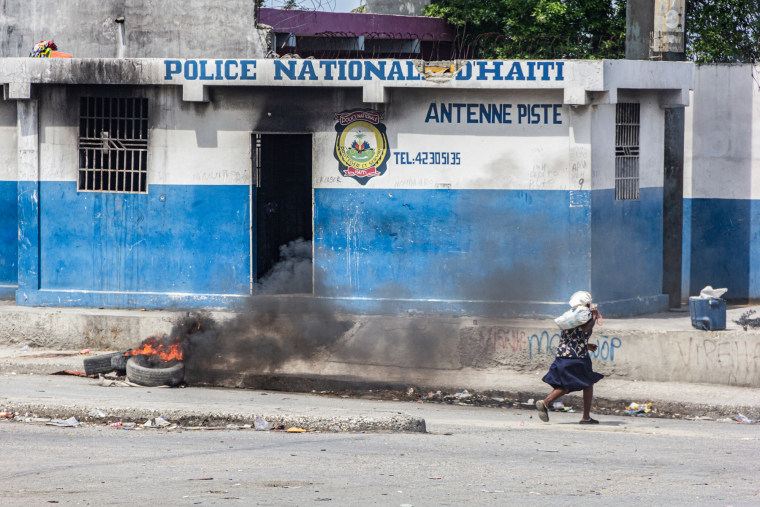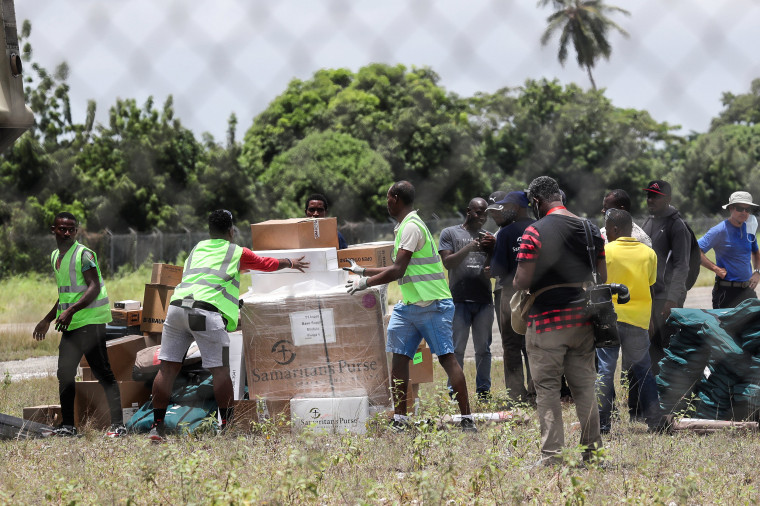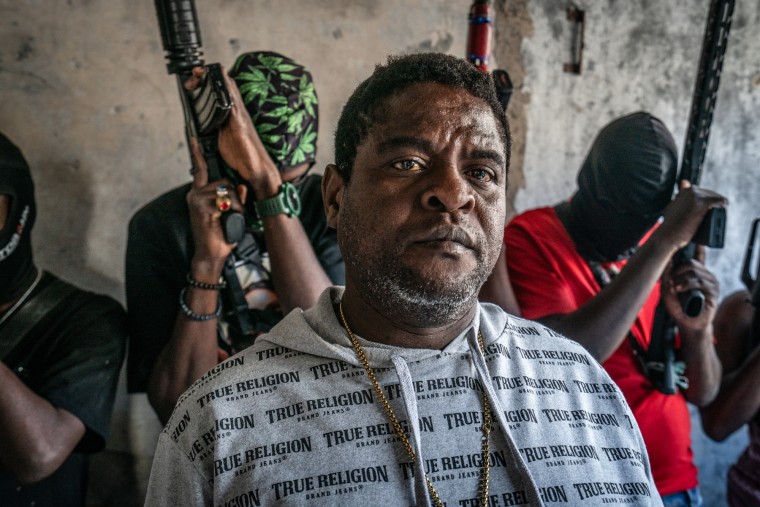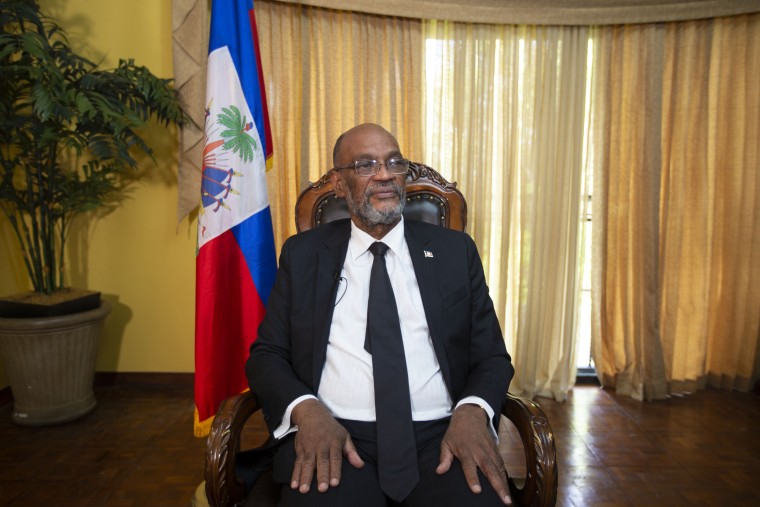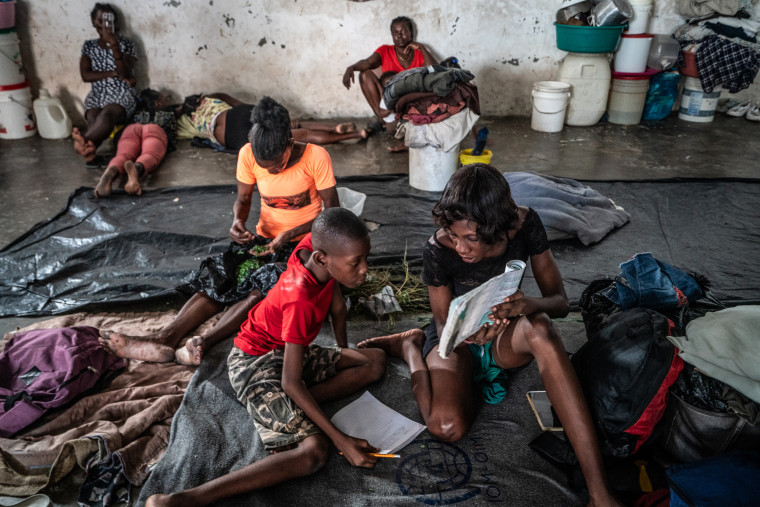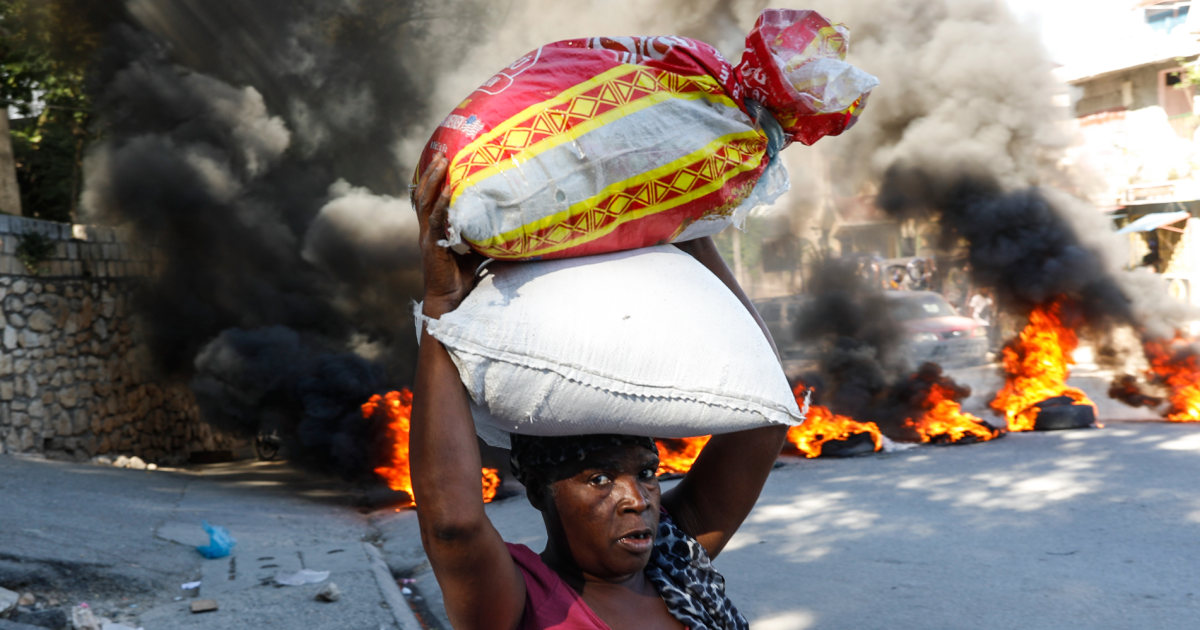
Haiti is currently experiencing a crisis over its ability to govern itself, with the chaos engulfing the country having been bubbling for more than a year. The violence and killings in Haiti have increased since Moïse's death, with many armed groups claiming to be community groups carrying out essential work but accused of violence even murder. These militias and armed groups are responsible for an increase in killings, kidnappings, and rapes. The crisis has been exacerbated by the lack of a functioning government-brokered solutions have not yet materialized.
